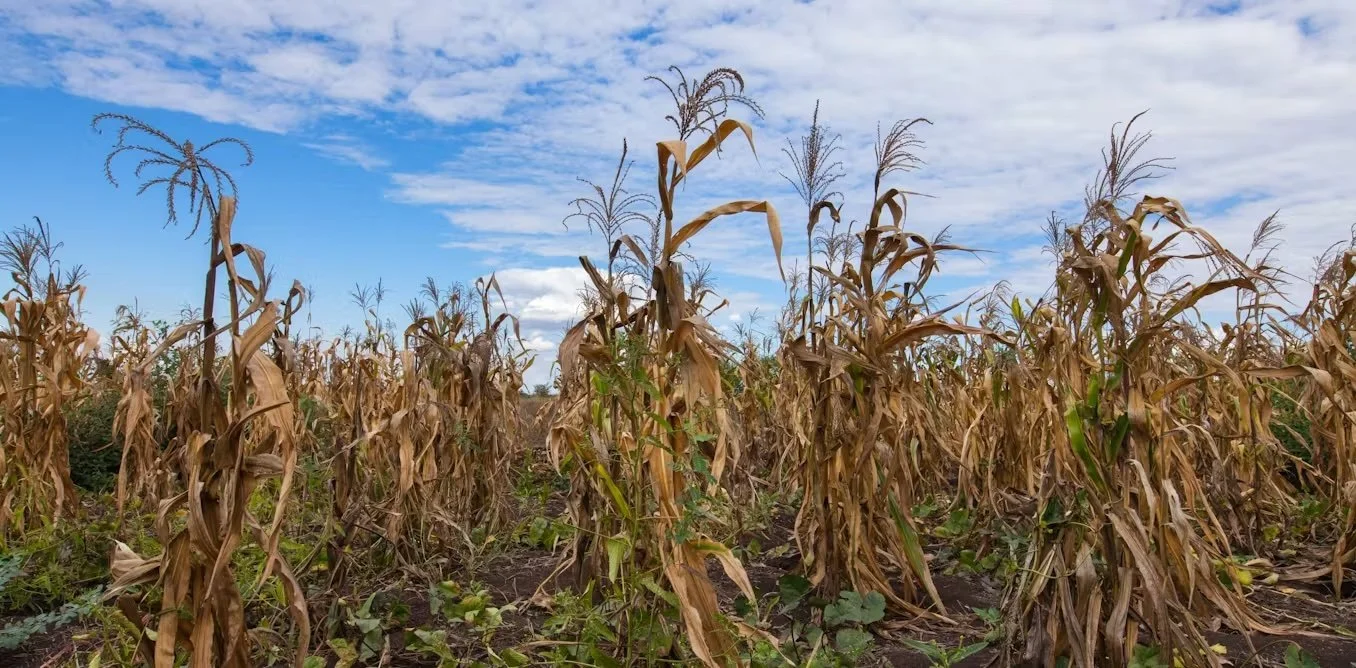25 August, 2024; The Conversation
Malawi and maize: prices have spiked on the back of bad weather and trade bans
Barriers to the Entry and Growth of Smaller Market Participants in Food and Agriculture Markets
Food crisis in Africa: the high cost of imported fertilisers is adding to the problem
Africa’s broken food markets must be fixed to tackle hunger
A handful of large companies make big profits by controlling the food trade in Africa, while doing nothing to increase its climate resilience
Read the full op-ed on Climate News Home here.
Rising Food Prices: Placing Climate Change at the Forefront
Zambia can meet growing food demand: how to fix what’s standing in its way
Enforcing competition would ease food price hikes in east and southern Africa
Africa faces huge food-supply obstacles – and time is running out
April 24, 2022, Daily Maverick
A just transition must address the adaptation challenges of African countries while also moving food systems onto a sustainable footing with lower emissions. These changes all work through market mechanisms.
African farmers and agribusinesses need fair access to markets in face of climate change
Southern and Eastern Africa face the twin challenges of growing agricultural production to meet food demand while adapting to extreme weather. And climate change makes addressing these challenges extremely urgent.
Read the full op-ed on The Conversation here.
Africa has a growing food security problem: why it can’t be fixed without proper data
The COVID-19 pandemic and consequent lockdown measures have had a huge negative impact on producers and consumers. Food production has been disrupted, and incomes have been lost. But a far more devastating welfare consequence of the pandemic could be reduced access to food.
A potential rise in food insecurity is a key policy point for many countries. The World Economic Forum has stated this pandemic is set to “radically exacerbate food insecurity in Africa”. This, and other supplier shocks, such as locust swarms in East Africa, have made many African economies more dependent on externally sourced food.




